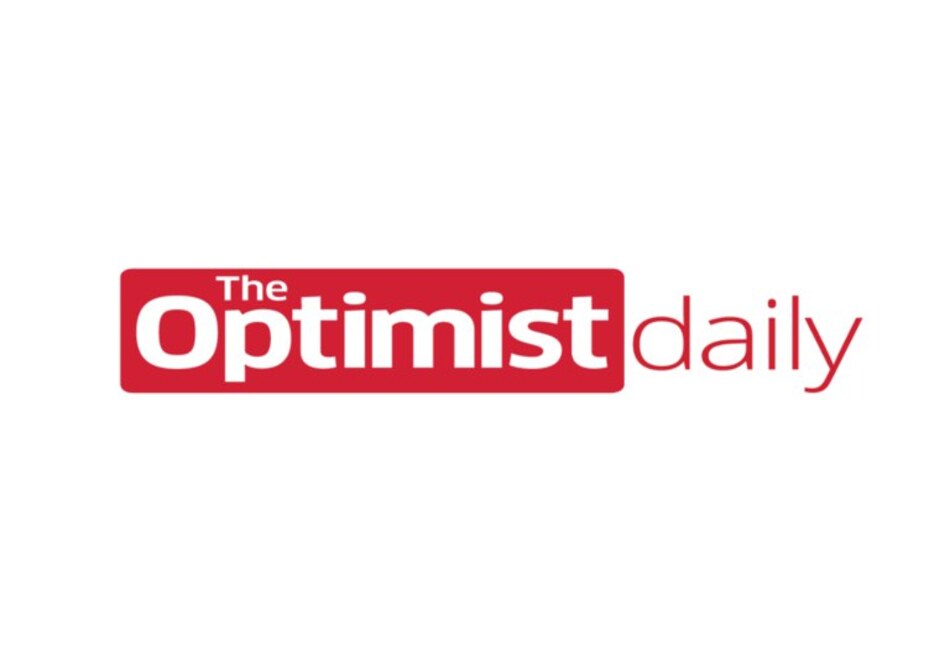The recordings of Cornell University’s Elephant Listening Project, which was established in 1999, are finally going public—and here’s why that matters.
The gigantic acoustic monitoring effort covers about 480 square miles in the Republic of Congo’s Nouabalé-Ndoki National Park, an area that is roughly the size of Los Angeles. The original purpose of the project was to detect communication among forest elephants and to identify poaching activity. The project has been used to gauge elephant populations and determine the impacts of oil exploration and logging, as well as quantify illegal poaching in areas of conservation.
Another practical use of the recordings is to judge whether anti-poaching patrolling (and the money that is put into it) effectively reduces criminal activity. For example, patrols were reduced when rangers had to undergo a training period in early 2018, and the audio revealed that during this time, recordings of gunshots increased, thereby confirming that anti-poaching patrols weren’t a wasted effort.
The recordings also showed that poaching was happening in unexpected areas of the park, which helped rangers adjust their patrolling patterns to be more effective.
Cornell’s Elephant Listening project isn’t the only one using acoustic monitoring to track poaching. Topher White, an engineer and National Geographic explorer, founded his own bioacoustics monitoring company called Rainforest Connection in 2014. White’s goal is to monitor illegal logging, detect poaching activity, and create a digital library of rainforest audio (including the Congo recordings from the Elephant Listening project).
To collect the recordings, White’s team uses recycled cell phones in real-time across 20 countries. Anyone from park rangers to scientists to any curious listener can access the recordings through the company’s website and app.
The fact that this wealth of data is being shared freely, either on Rainforest Connection or on Amazon Web Services (the cloud platform where researchers can hear the Elephant Listening project’s recordings), will encourage scientists to upload their recordings to the platform as well. Rainforest Connection wants to do away with data hoarding and petty competition. Instead, the hope is for more scientists to be able to further their research by having access to as many recordings of wildlife as possible.
The face of our planet is being changed by climate change, and we will need to adapt quickly to survive. According to White, “This is possibly the most important moment for people to be gathering extraordinary multitudes of data with as great detail as possible… It’ll all be gone if we don’t capture it now.”











